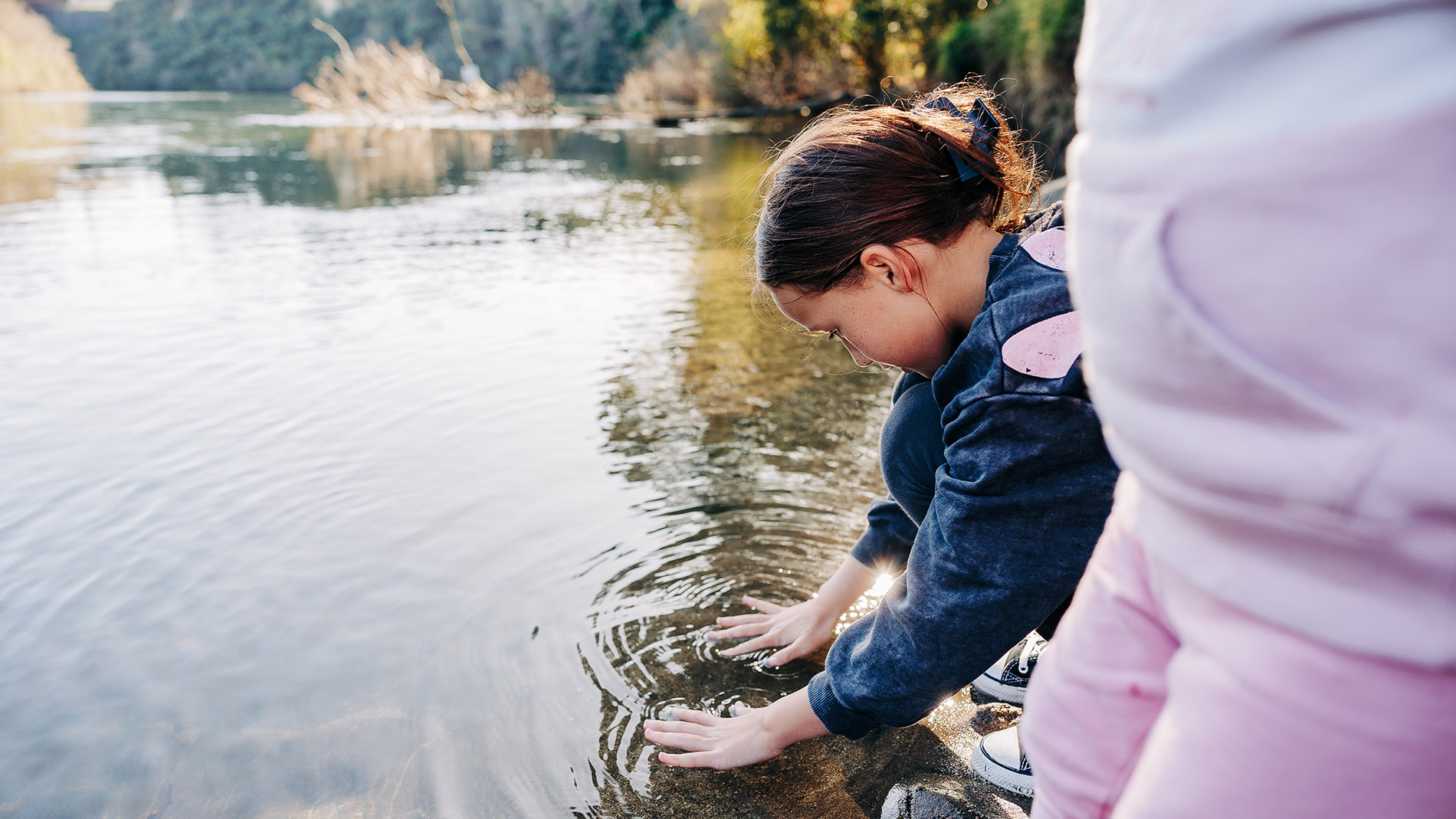We want to protect the things that are important to people about fresh water in the Waikato and to do that, we need tangata whenua and community input to help identify and understand the values you have for the rivers, streams, lakes and other fresh waterbodies in your area.
A value is what you consider important about fresh water. It can be anything from mahinga kai practices (food gathering) and recreational activities to water quality and habitat health.
The National Statement for Freshwater Management 2020 (NPS-FM) has already identified four compulsory values which we will build on in recognition of local knowledge and traditional Māori practices. These values are:
- ecosystem health (considering water quality, water quantity, habitat, aquatic life and ecological processes that indicate a healthy aquatic environment)
- human contact (enabling people to connect with and enjoy the water)
- threatened species (critical habitats and conditions necessary to support the presence, abundance, survival and recovery of threatened aquatic life)
- mahinga kai (providing food for the people that is safe to harvest and eat, and keeping the mauri of the place intact).
There are a number of other values that we’ll need to consider and see how they apply to our region. Knowing what’s important about fresh water to the people of the Waikato will enable the council to set environmental outcomes which will be formalised as objectives in the Waikato Regional Plan.
Māori freshwater values
The NPS-FM recognises Māori as having perspectives, obligations and values that approach fresh water management in a different way. For the Freshwater Policy Review, these perspectives need to be considered and incorporated into the council’s planning and decision making processes.
Traditional Māori practices have an inherently integrated and holistic approach to resource management. Integrating mātauranga Māori into freshwater management will also provide greater understanding of the region’s freshwater systems, improve the information available to regional councils and enable positive outcomes for fresh water that will benefit the whole community.





To ask for help or report a problem, contact us
Tell us how we can improve the information on this page. (optional)